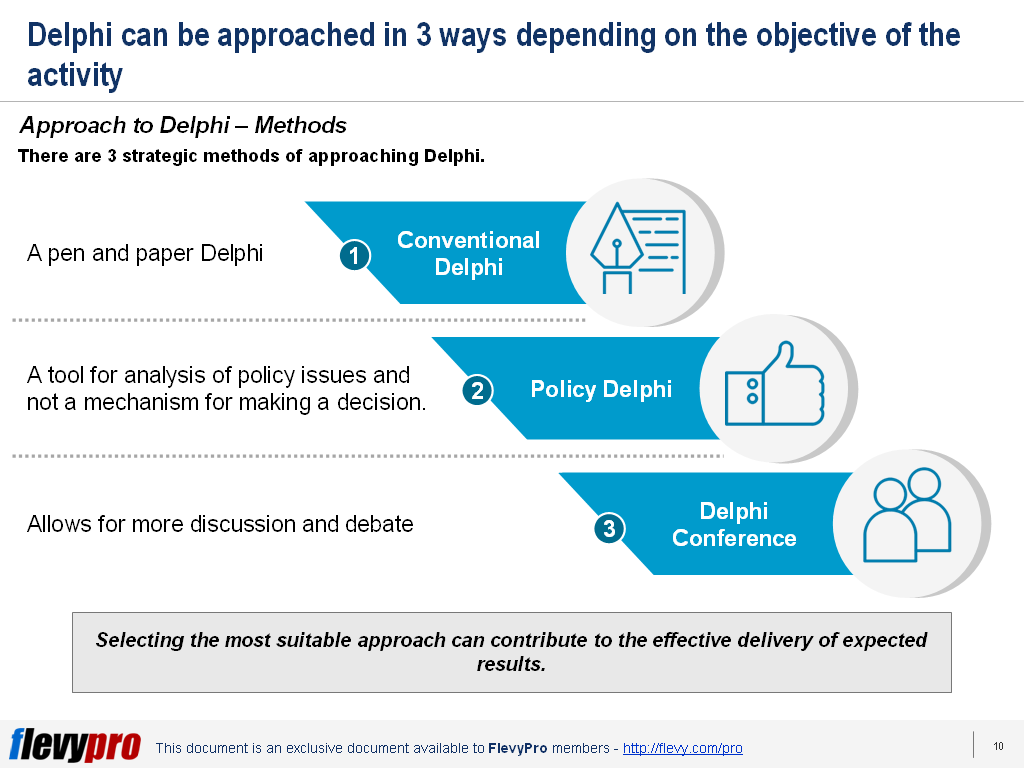
 Become a PowerPoint Guru by Dave Tracy
Become a PowerPoint Guru by Dave Tracy
Learn the methodologies, frameworks, and tricks used by Management Consultants to create executive presentations in the business world.

 Become a PowerPoint Guru by Dave Tracy
Become a PowerPoint Guru by Dave Tracy
In today’s business environment, management consulting firms must be ready to address client challenges and needs that will transform their  business by 10 or 100 times. Tools and methods must be scaled up to ensure applicability to the widest possible audience globally.
business by 10 or 100 times. Tools and methods must be scaled up to ensure applicability to the widest possible audience globally.
The Consulting Workshop Series provides a good understanding of the 10 methods of conducting Workshops that are custom designed to fit specific workshop objectives. Different methods are developed for the purpose of providing organizations the most appropriate tool necessary to support organizations to achieve their strategic goals and targets.
If it is the management’s goal to expose all opinions and options regarding a complex issue, then the Delphi Workshop Method is the perfect approach to undertake. By using Delphi, organizations can gain the benefits of pooling and exchanging opinions to learn from other’s views.
Delphi is a structured communication technique originally developed as a systematic interactive forecasting method that relies on a panel of experts. Its main objective is to expose all opinions and options regarding a complex issue.
Delphi is most effectively used in technology forecasting, as well as business forecasting such as sales of new products. It is used in the implementation of multi-stakeholder approaches for participating policy-making. It is also effective in patent participation identification and public policy issues such as economic trends, health, and education.
A dialectical process, it has been designed to provide the benefits of pooling and exchanging of opinions to learn from other’s views.
Delphi can be approached in 3 different angles. Depending on the objective of the activity, we can determine which is the most strategic way to approach Delphi.
In undertaking the Conventional Delphi, the Policy Delphi, and the Delphi Conference, organizations must be keen on following the right procedure in undertaking any of these Delphi. Because of its different approaches, the steps that are undertaken also varies. Taking the right step is necessary for better understanding and clarity of flow, as well as optimizing the use of Delphi in achieving the appropriate results at the end of the activity.
Interested in gaining more understanding of the Delphi consulting workshop method? You can learn more and download an editable PowerPoint about Consulting Workshop Series: Delphi here on the Flevy documents marketplace.
Are you a management consultant?
You can download this and hundreds of other consulting frameworks and consulting training guides from the FlevyPro library.
Error: Twitter did not respond. Please wait a few minutes and refresh this page.